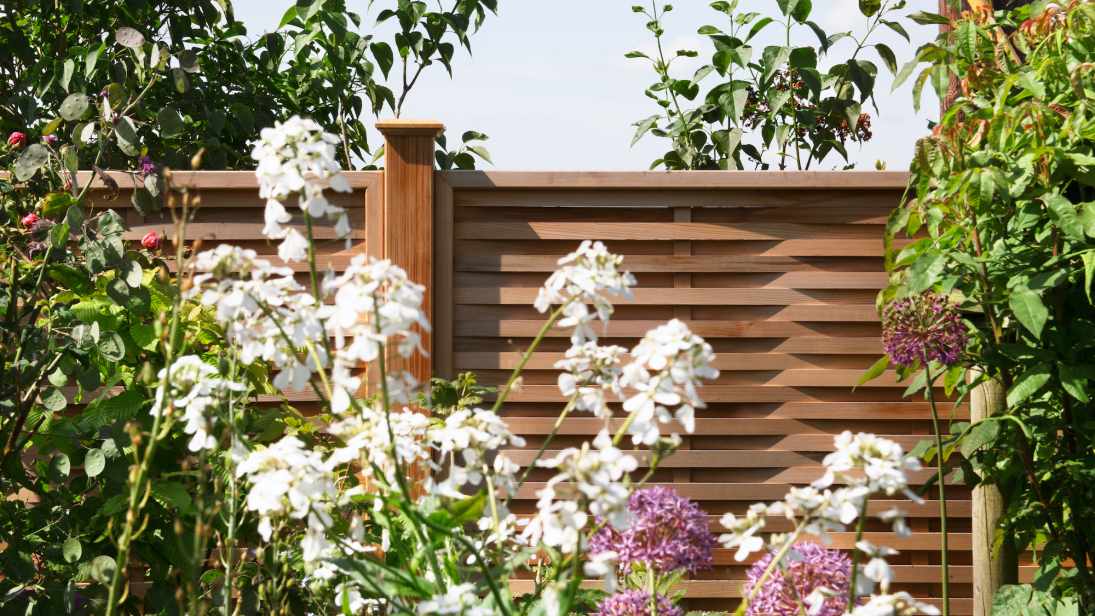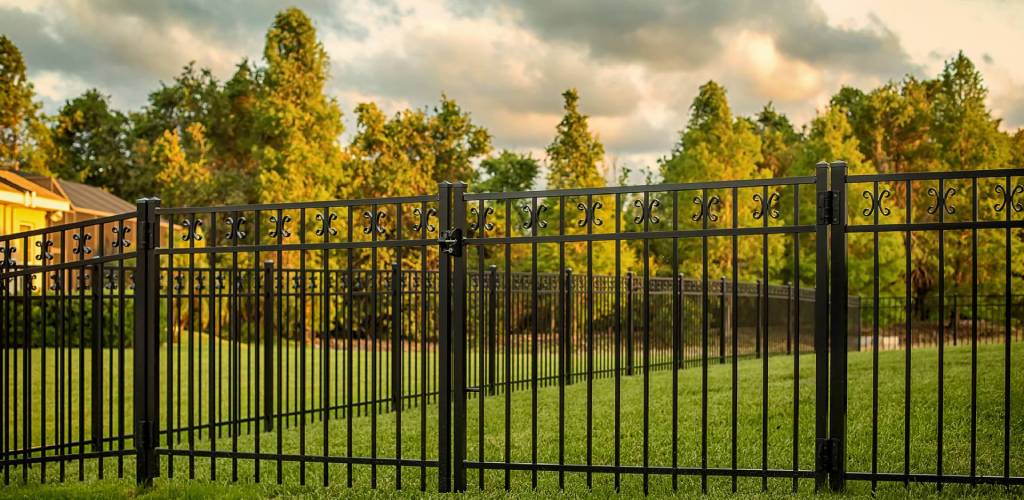All Categories
Featured

When mounting a fencing, choosing the best material is key to balancing performance, appearances, and budget plan. Wood, plastic, and aluminum are amongst the most commonly chosen fencing materials, each with its downsides and staminas. This guide checks out the benefits and drawbacks of these options to assist you make an informed decision.

Timber Secure Fencing. Pros:. Natural Beauty: Wood's ageless charm can boost any kind of residential or commercial property with its classic and cozy appearance. Customizable: You can repaint, discolor, or carve wood to fit your design preferences. Budget friendly: Timber fencing is originally much more affordable contrasted to some various other products. Environmentally Friendly: As a renewable resource, wood is biodegradable and commonly taken into consideration environment-friendly. Cons:. Maintenance-Intensive: Regular sealing, painting, or staining is needed to prevent damages from weather and insects. Prone to Decay: Without appropriate care, wood can rot, warp, or fracture with time. Shorter Life expectancy: Typically, wood fences last 10-15 years, relying on the sort of wood and upkeep. Wood is a terrific option for those who value appearances and agree to purchase routine maintenance to maintain its look and toughness.
Vinyl Secure Fencing. Pros:. Reduced Upkeep: Plastic needs marginal treatment-- simply occasional cleansing with soap and water. Climate Resistant: It does not warp, rot, or catch insect damages, making it highly long lasting in various environments. Longevity: Plastic fences can last 20-30 years with little to no repairs. Style Range: Available in a variety of designs, shades, and appearances, consisting of wood-like looks. Disadvantages:. Higher Initial Cost: Plastic fencings are much more expensive in advance compared to timber. Vulnerability to Cold: In exceptionally cold weather, vinyl can become vulnerable and fragile to splitting. Limited Fixing Options: Matching substitute panels can be challenging if damages occurs. Plastic fencing is perfect for property owners trying to find a durable, low-maintenance service that uses modern flexibility.

Aluminum Secure Fencing. Pros:. Rust-Proof: Light weight aluminum resists deterioration, making it an excellent choice for wet or moist settings. Sturdy: Regardless of being lightweight, light weight aluminum is solid and can stand up to harsh weather. Reduced Maintenance: It calls for marginal maintenance, typically just periodic cleansing. Long Life-span: Aluminum fences can last years without substantial deterioration. Classy Layout: Often used for ornamental purposes, light weight aluminum fence includes a smooth, sophisticated aim to buildings. Disadvantages:. High First Investment: Aluminum fences are amongst the more expensive options on the market. Less Personal privacy: The open designs common with light weight aluminum fence don't provide much privacy. Prone to Damages: While resilient, aluminum can dent if hit with adequate force. Aluminum is an outstanding selection for house owners focusing on aesthetics and toughness without requiring much upkeep.
Making Your Decision. When deciding in between plastic, timber, or aluminum fence, consider your concerns:
Wood matches those who appreciate an all-natural look and do not mind placing in maintenance initiative. Vinyl is the most effective option for those seeking a low-maintenance, weather-resistant remedy. Light weight aluminum offers smooth design and durable durability however may do not have privacy. By carefully assessing these products' features, you can choose a fence that complements your residential or commercial property while satisfying your aesthetic and functional needs.
Latest Posts
Find Montclare Auto Repair’s Most Popular Auto Repairs and Why Drivers Choose Them
Published en
1 min read
Shield Your Home with High Quality Residential Roof
Published en
1 min read
Uncover Budget-Friendly Auto Repairs with Montclare’s Exclusive Service Specials
Published en
1 min read
More
Latest Posts
Find Montclare Auto Repair’s Most Popular Auto Repairs and Why Drivers Choose Them
Published May 23, 25
1 min read
Shield Your Home with High Quality Residential Roof
Published May 22, 25
1 min read
Uncover Budget-Friendly Auto Repairs with Montclare’s Exclusive Service Specials
Published May 22, 25
1 min read